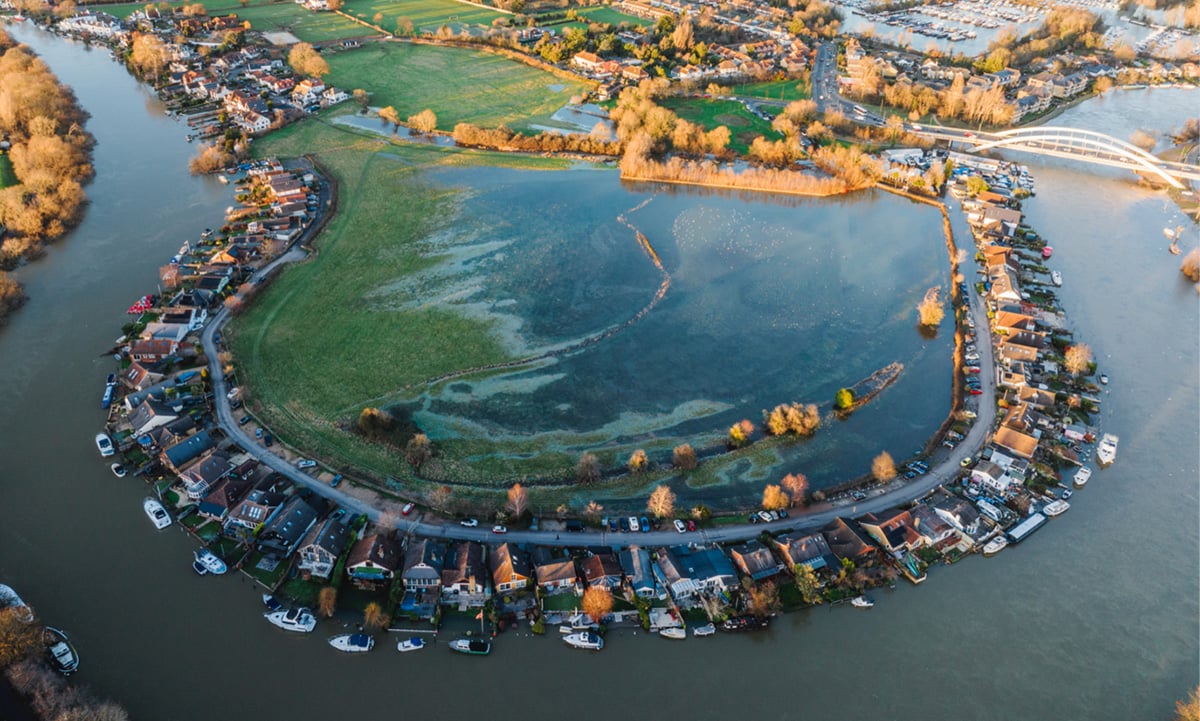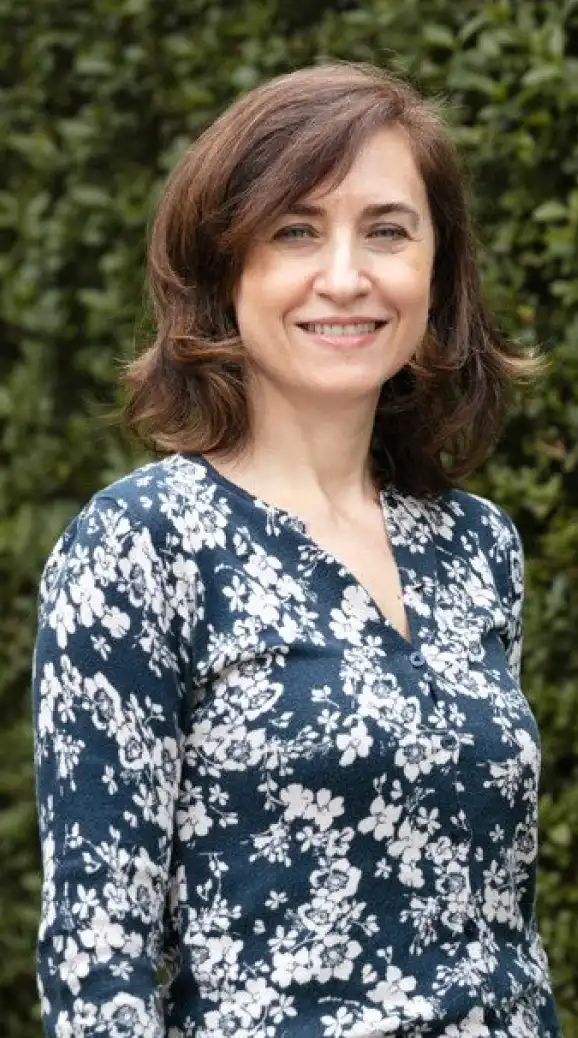GARP Membership
Join the largest community of risk professionals in the world. Amplify your career and create new professional opportunities by connecting with risk managers across 150 countries.

Benefits of GARP Membership
We support our members with resources that help elevate knowledge and professional skills at every stage of their career.
Premium Content
Get access to members-only thought leadership content and an archive of on-demand webcasts, event recordings, and Chapter meeting presentations through our exclusive Member Multimedia Library.
Events and Networking
Tap into priority access to global Chapter meetings, preferential member rates to attend GARP events, and local members-only dinners and professional networking opportunities.
Pillar 3+ Data Analytics
Visit our interactive GBI Pillar 3+ Data Analytics Platform to access publicly-available regulatory capital data for global and regional banks. Data visualizations offer insights on historical market trends and industry peer comparison of capital and liquidity ratios, risk-weighted assets, and other key regulatory-driven risk measures.
Member Directory
Search for and connect with members of our global risk community, including risk professionals who hold the Financial Risk Manager (FRM®) and Energy Risk Professional (ERP®) Certification, or Sustainability and Climate Risk (SCR®) and Risk and AI (RAI™) Certificate.
Complete GARP Learning Curriculum Content
Get comprehensive Member access via our digital GARP Learning platform to the latest curriculum readings, videos, end of chapter practice questions, and more for the program(s) of which you passed the exam(s). Current available curriculums include the FRM Part I, SCR, RAI, and FRR Exams.
Preferred Rates
Save on program fees when you register for our SCR and RAI Certificate Programs, and Financial Risk and Regulation (FRR)® and Foundations of Financial Risk (FFR)® Courses. Get discounts on additional products and services including job postings to our Career Center.


For SCR® Certificate Holders
Natural Catastrophe Modeling Masterclass
Powered by Fathom’s cutting-edge flood modeling expertise, this self-paced masterclass will help you turn climate hazards into actionable insights while exploring real-world applications across regulatory, investment, and insurance contexts. It is exclusively for SCR Certificate Holders as a complimentary benefit of GARP Individual Membership.
Available for a limited time only.
Exclusive Offers
Capitalize on these discounts available only to GARP Members.
Learn Skills that Make you Better at What You Do
Get Help Crafting Your Professional Brand
One Hub. Three Resources. Only USD 100
Individual Membership Rates
Unlock all benefits of Individual Membership when you join the GARP community today.
Note: The membership fees displayed below do not include applicable taxes such as VAT and GST. Any relevant taxes will be calculated and added during the payment process based on your location.
Looking to register as a team? Contact Us
Standard Individual Member Rate
USD 195 /year
Practicing risk professionals looking to enhance their careers and/or GARP Certification or Certificate candidates receive:
-
Members-only thought leadership content and unlimited access to Member Multimedia Library
-
Flexibility to attend any Chapter meeting, with priority registration
-
Preferred rates on GARP educational programs and events
-
GARP-Risk.Net content offer and special rates for job posts on our Career Center
-
Ability to search, connect, and network through our GARP Member Directory
-
Volunteer opportunities to support and influence the GARP community
-
Access to Pillar 3+ Lite Platform from GARP Benchmarking Initiative (GBI)®
- Access to the latest FRR curriculum readings, practice questions, real-world examples, and case studies in GARP Learning — exclusively available to Members who have passed the FRR Exam
Certification/Certificate Holder Rate
USD 150 /year
FRM or ERP Certification Holders, or SCR or RAI Certificate Holders, receive all the same standard benefits of Individual Membership, in addition to:
-
Savings of USD 45 per year in recognition of your standout educational achievement and to support your continuing professional development (CPD) in the risk area of your accomplishment
-
Exclusive opportunities for professional networking and roundtables
-
Comprehensive access via GARP Learning to the latest curriculum content for the program(s) of which you passed the exam(s), with current available curriculums including the FRM Part I, SCR, and RAI Exams

GARP Chapters
Expand your professional network by engaging with your local Chapter. Our Chapters support members around the world with educational programing and networking, providing opportunities to enhance your knowledge and share best practices with industry peers.
Find Your Next Career
Our GARP Risk Career Center is a valuable resource, whether you’re an Individual Member hunting for your next job, a young professional seeking career resources or advice, or an employer searching for top talent to fill a risk role.

Networking Opportunities
Explore the different ways to create lasting professional connections through GARP Individual Membership.
-
Attend a Risk Event
Get preferred rates for our programs and events featuring the industry's top thought leaders, including our annual Financial Risk Symposium and Climate & Nature Risk Symposium.
-
Find Your Next Job
Tap into special job posting rates at the Risk Career Center, or search hundreds of risk roles, access tips on how to write your resume, shine at interviews, and more.
-
Engage With a GARP Chapter
Receive priority registration to attend and network at Chapter meetings anywhere in the world for free, including those outside your home region.
-
Connect With Risk Experts
Search, connect, and network with distinguished members of our global risk community, including Certification and Certificate Holders.


Find Your Next Job
Tap into special job posting rates at the Risk Career Center, or search hundreds of risk roles, access tips on how to write your resume, shine at interviews, and more.

Engage With a GARP Chapter
Receive priority registration to attend and network at Chapter meetings anywhere in the world for free, including those outside your home region.

Connect With Risk Experts
Search, connect, and network with distinguished members of our global risk community, including Certification and Certificate Holders.

Adela Baho, MSc, FRM, Luxembourg
AIFM Lead, Conducting Officer - Risk, Valuation, Compliance, Foresight Group
Being a member of GARP is very important for my career development. It offers invaluable opportunities to continue learning, sharing and networking… [and] be part of a specialized community that jointly tries to find solutions to the collective problems of our industry.
Adela Baho, MSc, FRM, Luxembourg
AIFM Lead, Conducting Officer - Risk, Valuation, Compliance, Foresight Group
Become a Member
Access premium content and practice-based resources, priority registration for Chapter meetings, and exclusive opportunities to network with industry peers by becoming an Individual Member today!


